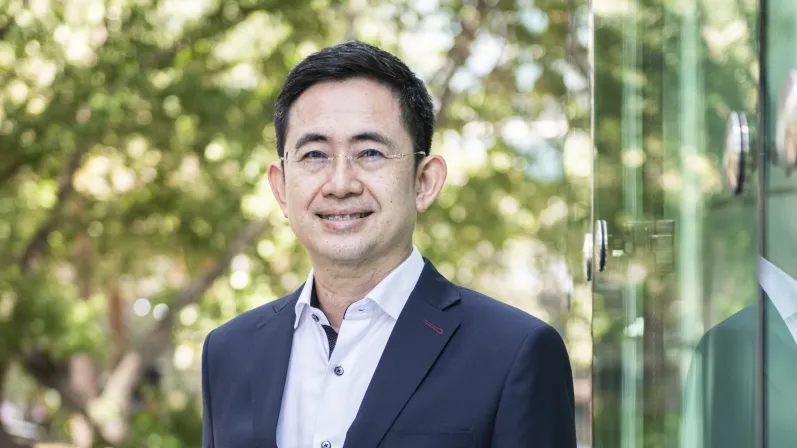
How EGAT contributes to powering Thailand’s energy transition
Retiring EGAT Governor Boonyanit Wongrukmit shared the company’s initiatives towards the shift to clean energy.
As the state-owned electricity company that accounts for 34% of the country’s power capacity, it is imperative that the Electricity Generating Authority of Thailand (EGAT) will follow the government’s direction to move towards carbon neutrality.
To align with the government’s carbon neutrality target by 2050 and net-zero emission goals by 2065, EGAT Governor Boonyanit Wongrukmit said the company is moving towards ramping up its renewable energy projects and crafting its own “Triple S” strategy as an answer to reducing carbon emissions in its operations.
Aside from this, the company also sees itself becoming a regional green energy infrastructure provider.
“We believe that with our skills in transmission assets and management, as well as our knowledge in energy management and engineering, EGAT can become a leading provider of green energy in ASEAN,” Wongrukmit told Asian Power.
As he retires on 23 August after starting his service in December 2020, Wongrukmit shared EGAT’s major achievements and the lessons he learned in leading Thailand’s electricity company.
How has EGAT performed in 2022?
At the end of 2022, we had a total generating capacity of 16,920 megawatts (MW) from 53 power plants, which accounted for 34% of Thailand’s total capacity. EGAT also purchased power from independent power producers (IPPs) at 16,748MW and from small power producers at 9,195MW. Moreover, we imported 6,234MW of power from neighbouring countries. Recently, we successfully commenced commercial operation of the Bang Pakong Combined Cycle Units 1 and 2 replacement project with a capacity of 1,386MW.
For the transmission system, EGAT owns a transmission line of 38,666 circuit kilometres long with 235 high-voltage transmission stations. For the environmental indicator, the carbon dioxide reduction target for the first quarter of 2023 is at 0.1292 million tonnes (megatonnes or Mt) of carbon dioxide and it is expected to reach the goal of 3.36 Mt of carbon dioxide by the end of this year.
What were the key milestones EGAT achieved under your leadership?
There are several key milestones that we have achieved during my time as EGAT governor. Firstly, we started the commercial operation of the world’s largest hydro-floating solar hybrid project at Sirindhorn Dam with a capacity of 45MW. This is the pioneer project to speed up the development of other similar projects with a total potential capacity of 10,416MW. They will be EGAT’s primary renewable energy source by 2080.
Secondly, EGAT established new companies under EGAT Group: INNOPOWER and InnoSpace Thailand. We aim to work with innovative start-ups to find business opportunities in the energy transition period.
Next, EGAT has co-invested with PTT in the LNG terminal at the Nong-Fab Sub-district. This is to generate an LNG supply of 7.5 Mt per year. Also, EGAT has expanded its new S-Curve business. This includes EV solutions, smart energy solutions, and LNG businesses. To support Thailand’s carbon neutrality and net-zero emission goals, EGAT has implemented the EGAT Carbon Neutrality policy. We also engaged with the Metropolitan Electricity Authority and Provincial Electricity Authority to invest in Thailand’s power infrastructure to promote green energy and enhance national power security.
Dealing with COVID-19, EGAT succeeded in applying work-from-home and work-from-anywhere policies. For post-COVID-19, the hybrid working policy has become our new working scheme. EGAT also established a transformation management office to digitalise our process and have a lean and efficient working system. All of these achievements made us win many awards in various fields such as Best Employer Thailand 2022.

Photo from EGAT.
What were the major challenges that EGAT faced and how were you able to overcome them?
During the few years that I have been EGAT governor, the energy industry has undergone important transformations. One big challenge we faced in Thailand’s energy transition is to move toward carbon neutrality by 2050 and net zero emissions by 2065.
The government is actively diversifying the country’s energy mix, with a strong focus on promoting renewable energy and achieving energy security and carbon neutrality. To handle this challenge, EGAT introduced a carbon neutrality strategy we call the “Triple S” approach.
The first S stands for source transformation, where we focus on generating energy from lower carbon emission sources. The second S is sink co-creation, which involves various projects to absorb carbon dioxide. And the last S is the support measure mechanism where we create the energy efficiency mechanism to prevent carbon dioxide emissions.
Another challenge we are facing is the fluctuating prices of oil and gas due to the Russia-Ukraine crisis. Since natural gas is the main fuel for generating electricity in Thailand, price fluctuations have a direct impact on the cost of electricity. We have taken several measures to handle this challenge. For example, we work with the Ministry of Energy, the Energy Regulatory Commission, and other relevant parties to closely monitor and analyse oil and gas prices.
In the short term, EGAT has delayed the decommissioning of power plants with low fuel costs, such as the Mae Moh Thermal Power Plant Unit 8. We chose to use low-cost fuels like diesel and furnace oil in combined-cycle power plants instead of natural gas. For the long term, we are actively managing natural gas import portfolio to have flexibility in terms of price and quantity.
I have driven many strategies that helped EGAT overcome challenges in the energy industry. Our internal corporate competency, especially in human resource management and development, has been strengthened. Employees have been encouraged to give their best effort for EGAT whilst taking care of their physical and mental well-being. We also established EGAT Group companies to expand the business and improve operational flexibility. The companies can support each other’s strengths in line with EGAT’s positioning as a provider of green energy infrastructure and strengthen the EGAT Group’s brand.
To build trust and engagement from stakeholders. We believe in “win-win-win” solutions. Our focus is on flexibility and approaches that bring benefits to our involved parties. EGAT enhances the operational activities of an outstanding professional in the energy business. To expand our service to the ASEAN (Association of Southeast Asian Nations) market and become a player in future energy trading, we are focusing on high-performance projects.
What lessons have you learned in serving as the governor of EGAT?
I always believe that our employees are the most important and valuable resource and they serve as a driving force for the organisation. My experience as the governor of EGAT has proven what I believe is true: When people are happy, the work they produce is of high quality. Under any arising crisis or challenges that EGAT may face, with the good mindset of the people, everything becomes manageable.
I have realised that no one is a competitor. They are friends and alliances and I am thankful for our collaboration. Most importantly, we cannot be a one-man show. We are a team no matter what positions we hold. We all hold equal value and play a role in driving success.
How is EGAT faring so far in driving Thailand’s energy transition?
We have taken part in driving Thailand towards the energy transition with four strategies. Firstly, we have strengthened the national power system through our grid modernisation and transmission predictive maintenance. This is done to support the smooth integration of growing RE.
Secondly, we use the Triple S strategy to achieve our green energy and carbon neutrality goals. Under this strategy, we have developed several projects, such as the 45MW hydro-floating solar hybrid project in Sirindhorn Dam.
We also have an EV business solution, in which we increase the availability of EV charging stations nationwide to meet the growing demand of EV users and support the government’s policy which speeds up EV production. We are also developing hydrogen technology projects with our partners to explore new sources of power generation that have lower carbon dioxide emissions.
Thirdly, we have improved our organisational competency by focusing on HR, work process and digitalisation to increase engagement with the community and stakeholders.
Lastly, EGAT is finding new energy solutions to meet customer needs and improve their satisfaction. For example, since there is a growing demand for green energy from both domestic and foreign investors, we are developing green energy trading businesses and green digital solutions. These initiatives aim to attract investors by offering conditions that help reduce carbon dioxide emissions in operational activities.

Photo from EGAT.
EGAT owns three thermal power plants. What will happen to them as the company aims to reduce its greenhouse gas emissions, and support Thailand's net zero emissions target?
Two of our thermal power plants, Bang Pakong and Krabi Power Plants are in standby mode for emergencies only. The other is the Mae Moh thermal power plant that is currently operating to support the power security of Northeastern Thailand.
We have a plan to install carbon capture and storage to capture carbon dioxide emissions from the generation process, which will be stored deeply under the Mae Moh mining area. We expect that this project will capture carbon dioxide emissions of around 1,565 million tonnes from 2022 to 2049.
Moving forward, what direction do you see EGAT taking in the next five years?
We aim at being a regional green energy infrastructure provider. This is from our prediction that by 2027, green energy will play a bigger role in everyday power usage and industries will need to incorporate more green energy into their production process.
Also, foreign investors will have more demands for green energy, because they are forced to contribute to the global goal of carbon neutrality. They may have financial conditions tied to reducing carbon emissions, such as low-carbon loans or green loans.
EGAT predicts that the demand for green energy will increase from the foreign investment in ASEAN, particularly in Thailand, and Cambodia-Laos-Myanmar-Vietnam which have enough renewable energy resources. We believe that with our skills in transmission assets and management, as well as our knowledge in energy management and engineering, EGAT can become a leading provider of green energy in ASEAN.
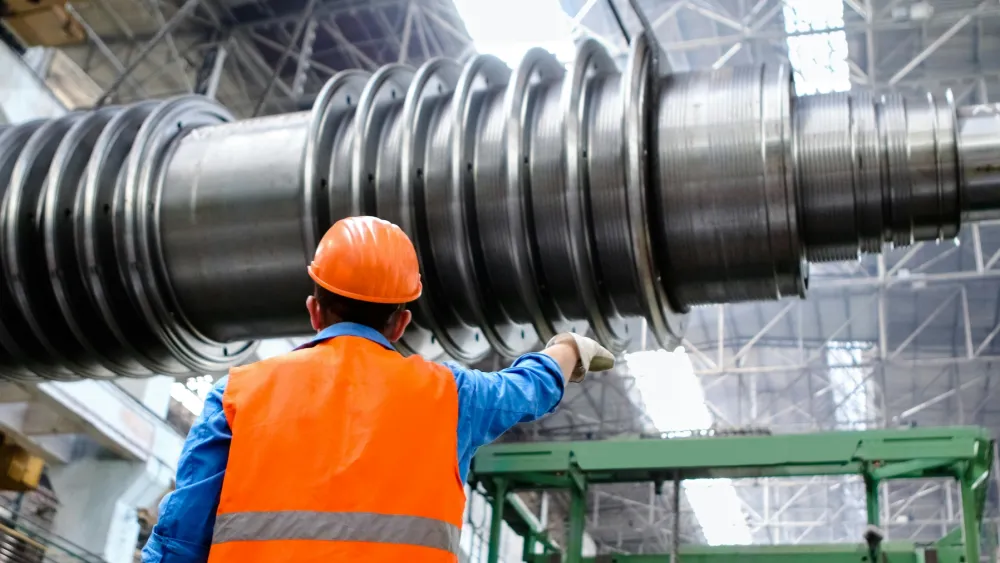
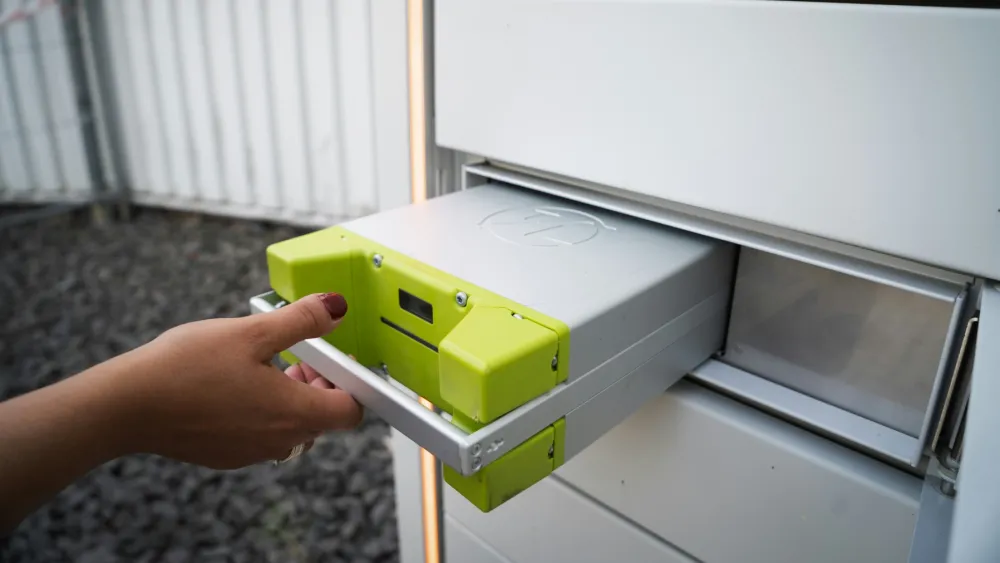
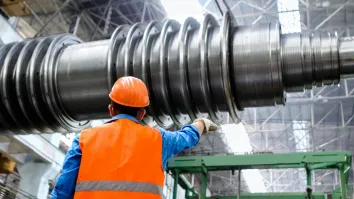
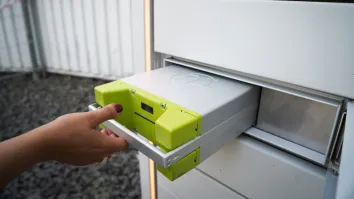
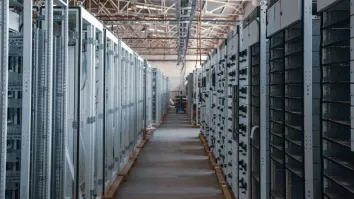
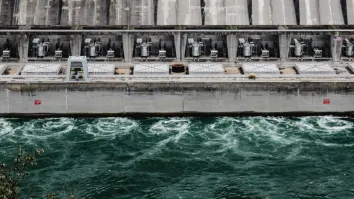













 Advertise
Advertise







